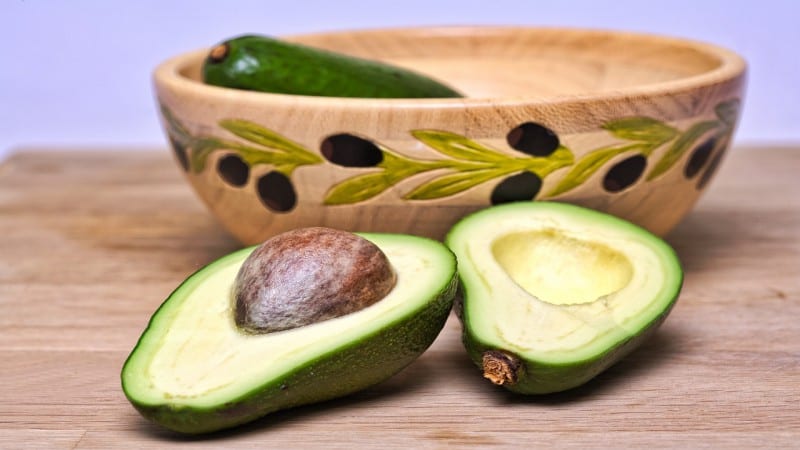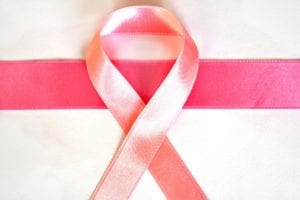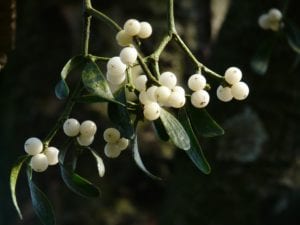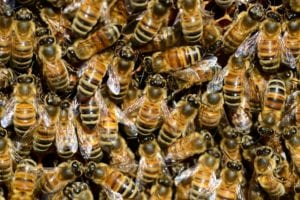A major issue of dispute among researchers is how much the diet affects the onset of cancer. Are dietary fats causing breast cancer?
Academic researchers and representatives of school medicine suspect that fatty foods increase the risk of breast cancer. The Cancer Foundation (https://www.cancerfonden.se/livsstil/matvanor ) demands women to limit the intake of high-calorie foods that contain a lot of fat and/or sugar (such as sweets, fast foods and pastries) as well as sweet drinks such as soft drinks and juices. Our view is that fatty foods are not dangerous, but carbohydrates should be avoided. What do we really know?
The starting point is that fatty foods are harmful, but the evidence is lacking. The epidemiologist and physician Walter Willett of the Harvard School of Public Health, made an effort to prove the link between dietary fats and breast cancer in a large group of nearly 90,000 female nurses. The results were analyzed and calculations were made of the total fat, saturated fat, linoleic acid (a polyunsaturated fat in vegetable oil) and cholesterol and compared to those with a certain proportion of medical problems, such as cardiovascular disease and cancer.
The publication, “Dietary Fat and the Risk of Breast Cancer” from 1987 (https://www.nejm.org/doi/10.1056/NEJM198701013160105 ), showed no association between fatty foods and breast cancer. In reality, the article did show a trend with a reduced risk of breast cancer with a higher dietary fat intake, but this was not statistically significant.
Another study, “Diet in the Epidemiology of Breast Cancer” (https://academic.oup.com/aje/article-abstract/116/1/68/87474 ) showed a similar result, ie no association between fatty foods and breast cancer. Willett’s group combined data from six similar studies, “Cohort Studies of Fat Intake and the Risk of Breast Cancer – A Pooled Analysis” (https://www.nejm.org/doi/full/10.1056/NEJM199602083340603 ), where data from over 337,000 women and 4,980 cases of breast cancer were analyzed, but this time there was no link between fatty foods and the risk of breast cancer.
The researchers explained the negative result with too little time for follow-up of the study, or that even the lowest levels of dietary fat were simply too high to lower the risk of breast cancer.
After a repeated analysis after almost 15 years, “Association of Dietary Intake of Fat and Fatty Acids with Risk of Breast Cancer” (https://jamanetwork.com/journals/jama/fullarticle/189027 ), this time with women whose diet consisted of less than 20% fat (remember, this was after decades of recommendations on reducing fat!), it was found that if carbohydrates were replaced with fat, and fat consumption was increased by 5%, it was associated with a 4% lower occurrence of breast cancer. In other words, they found the opposite of what they expected: dietary fat was not associated with an increased number of cancer cases. If anything, it was associated with a reduced risk.
Can we then conclude that fat in the food actually protects us from breast cancer? Some would claim this from these studies, but Willett’s study and the other population studies were all epidemiological ones with very low risk conditions, which is probably random or at best shows very weak evidence. The only thing we can say for sure is that no significant data has ever shown an increased risk of breast cancer from eating fatty foods. Thus, there is still no clear link between diet and breast cancer.
![]()



